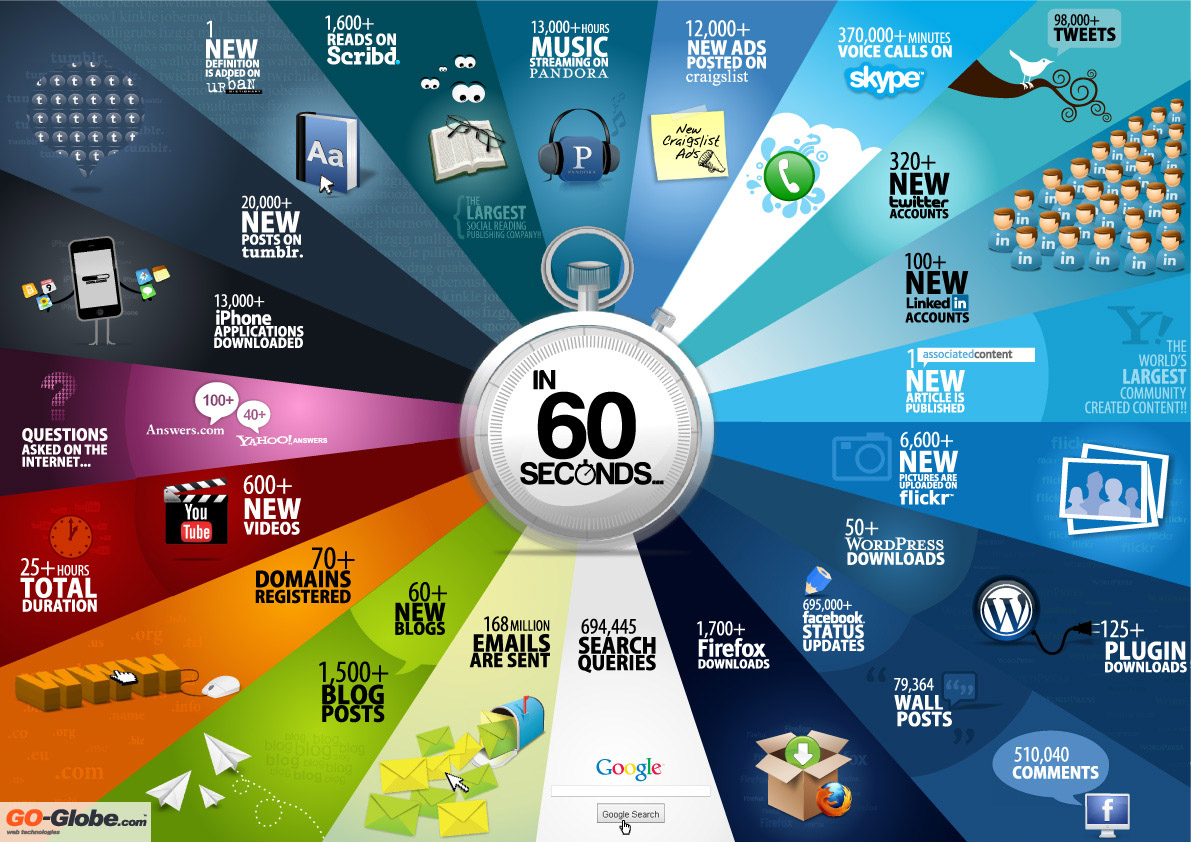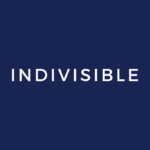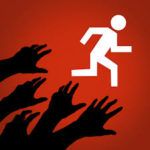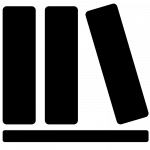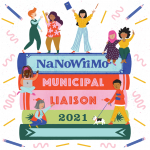So, here’s what’s going on with SOPA/PIPA, from the PR Breakfast Club:
Representative Lamar Smith (R-Texas), who heads the House Judiciary Committee, expects his panel to resume consideration of the House bill in February. Even President Barack Obama has not exactly killed it.
Rep. Smith will most likely adjust the House bill so it can get an consensus. The same will be done in the Senate. And since President Obama has received campaign donations from Hollywood and the internet industries, according to the Washington Post, he will try to find a way to satisfy both sides of the coin.
First, This is our Internet. We built it. We built it for us, not for you. We get to turn off the lights, not you.
Second, we are better custodians of culture than are culture’s merchants because we understand that culture is what we have in common. We feel pain every time something is held back from this Commons.
Third, just as we can make someone famous rather than having to passively accept the celebrities you foist upon us, we can make an idea politically potent. Going dark was the self-assertion with which political engagement begins.
Fourth, there’s a growing “we” on the Internet. It is not as inclusive as we think, it’s far more diverse than we imagine, and it’s far less egalitarian than we should demand. But so was the “we” in “We the People.” The individual acts of darkness are the start of the We we need to nurture.
Even my own little protest had a little impact, which I was thankful for. I love the fourth point above, about the ‘We’ of the Internet. Maybe it’s a step closer to online equality and an information utopia.
Slog weighs in on the economics of SOPA/PIPA here.
And I’ll close out with a quote shared by Clintus by MG Seigler:
The best way to combat piracy is to remove barriers, not put up new ones

